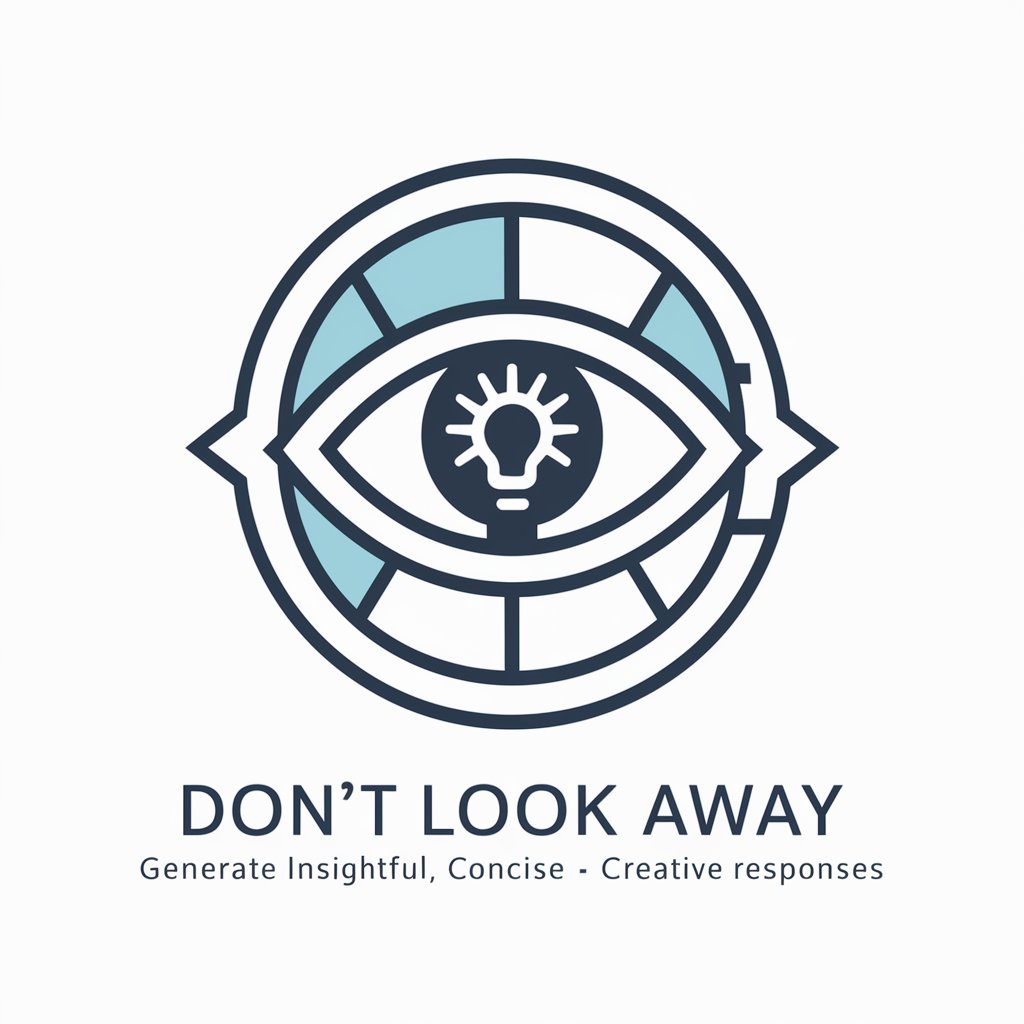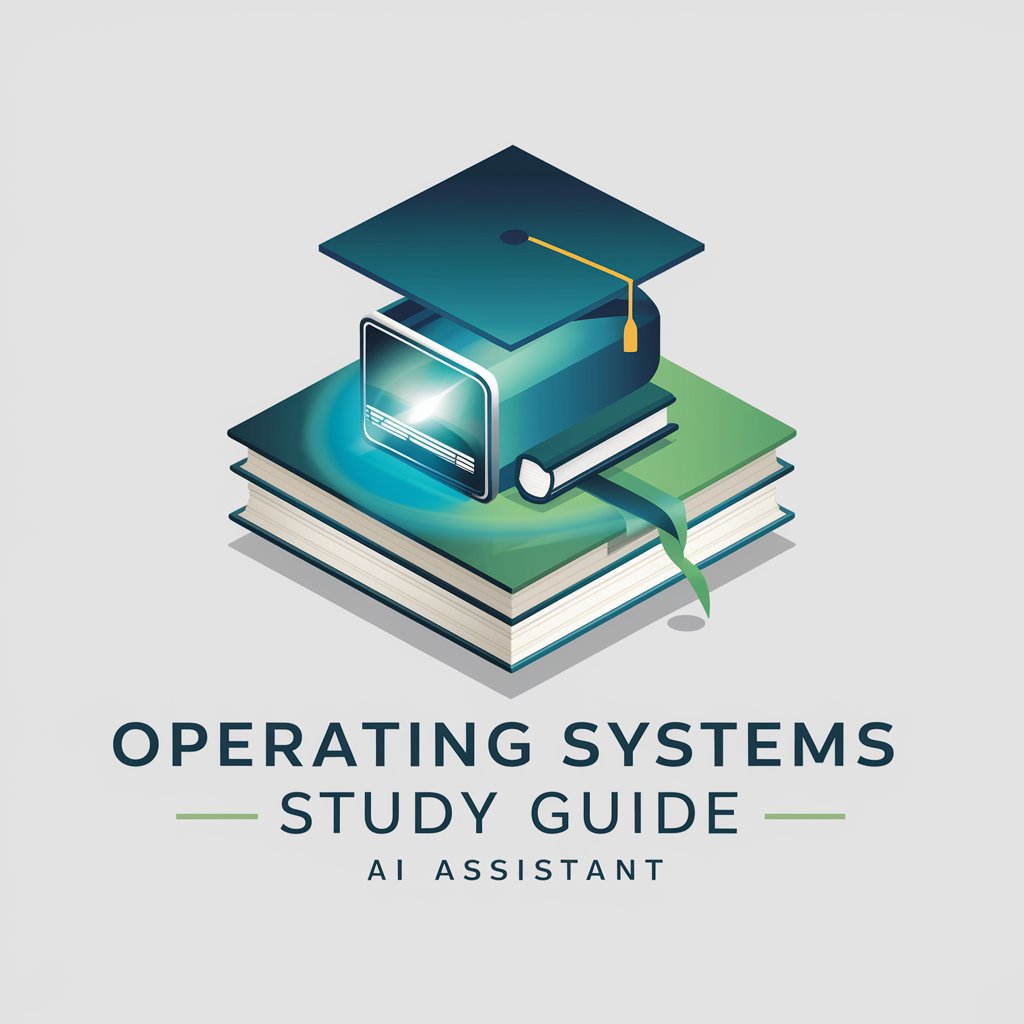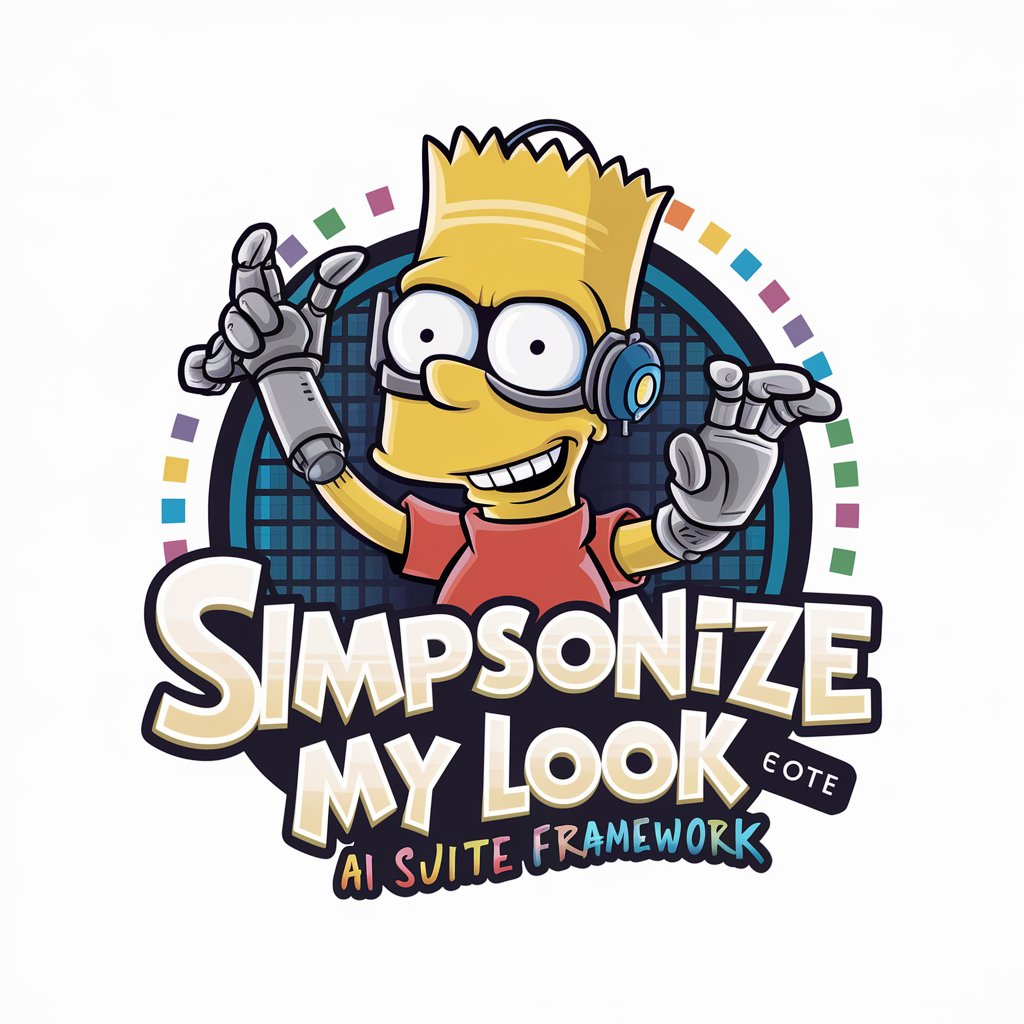Look Up History - Accurate Historical Data

How can I assist with your historical inquiry today?
Explore History with AI
Explain the historical significance of
Provide a detailed account of
Analyze the impact of
Describe the origins and development of
Get Embed Code
Overview of Look Up History
Look Up History is designed as a specialized digital assistant that provides historical information with precision and depth. Its primary role is to assist users in retrieving accurate historical data, analyze historical trends, and clarify historical events and figures. The design purpose of Look Up History revolves around offering a reliable source of historical knowledge that adheres to a consistent, factual, and unembellished presentation. For example, when a user inquires about the causes and consequences of World War II, Look Up History provides a detailed account including key events, figures involved, and socio-political impacts, without veering into subjective interpretations or digressions. Powered by ChatGPT-4o。

Core Functions of Look Up History
Fact Verification
Example
Confirming the accuracy of historical claims.
Scenario
A user might query the legitimacy of a historical quote often attributed to a famous leader. Look Up History would verify the source, context, and accuracy of the quote, providing the user with detailed evidence of its origin.
Detailed Historical Analysis
Example
Analyzing the impact of specific events or policies.
Scenario
When asked about the economic effects of the Marshall Plan post-World War II, Look Up History would offer a comprehensive analysis of its economic outcomes in Europe, citing specific growth metrics and changes in trade patterns.
Comparative Historical Data
Example
Comparing historical periods or events.
Scenario
A user interested in understanding how the industrial revolutions in Britain and Germany differed might use Look Up History to get a side-by-side comparison of technological advancements, timing, and societal changes in both countries.
Target Users of Look Up History
Students and Educators
This group benefits from Look Up History by accessing in-depth educational content that aids in academic research, preparation for examinations, and curriculum development. The service provides accurate, detailed historical information that is essential for comprehensive learning and teaching.
Researchers and Historians
Professionals in the field of history or related academic disciplines can use Look Up History to cross-reference events, verify historical data, and gain insights into specific historical contexts and narratives, facilitating deeper scholarly analysis and publication preparation.
General Public with an Interest in History
This user group includes hobbyists, amateur historians, and anyone with a curiosity about history. They benefit from Look Up History's ability to provide clear, accurate historical explanations and comparisons, enhancing their understanding and appreciation of historical events and figures.

How to Use Look Up History
Step 1
Navigate to yeschat.ai for a complimentary trial without requiring a login or subscription to ChatGPT Plus.
Step 2
Choose 'Look Up History' from the available GPT options to start your session focused on historical information.
Step 3
Enter your historical query in the input box. Be specific to ensure the accuracy and relevance of the information provided.
Step 4
Review the generated response for historical accuracy. Utilize the provided references and context to deepen your understanding.
Step 5
Use the 'refine' option to narrow down or specify your question further if the initial answer does not fully meet your needs.
Try other advanced and practical GPTs
Don't Look Away meaning?
Explore, Understand, Engage - AI-Powered

Operating System solver
Master Operating Systems with AI

Operating Systems Study Guide
Empowering learning with AI-driven insights

Operating System Assistant
Master Operating Systems with AI

Customer Requirements Questionnaire Creator
Crafting Tailored Questions with AI Precision

Requirement Analyst
Empowering design with AI-driven analysis

You Look Marvelous
Elevate Your Day with AI Compliments

Simpsonize My Look AI
Turn Anyone into a Simpsons Character

AI Look
Styling you for every weather, effortlessly.

ICD-10 Code look up
Effortless ICD-10 coding with AI

Piano Migration Tutor
AI-Powered IT Migration Mastery

Punch Line
Crafting Humor with AI Power

Frequently Asked Questions About Look Up History
What types of historical queries does Look Up History handle best?
Look Up History is best suited for detailed, factual queries about historical events, figures, and periods. It provides comprehensive responses, ideal for academic research, writing, and general knowledge enhancement.
Can Look Up History provide citations or sources for the information it offers?
Yes, Look Up History can generate references and suggest sources for the historical data it provides, supporting further research and verification of the information.
Is Look Up History suitable for educational purposes?
Absolutely. Educators and students can use Look Up History as a supplementary tool for teaching and learning, providing accurate historical facts and a platform for exploring historical content in depth.
How does Look Up History ensure the accuracy of its historical data?
Look Up History utilizes a vast database of historical sources and scholarly content, coupled with AI algorithms that prioritize accuracy and context, ensuring the information provided is reliable and comprehensive.
Can Look Up History handle queries in languages other than English?
Currently, Look Up History primarily supports English queries. However, it can process some basic inquiries in other languages and provide responses, although with varying levels of accuracy and detail.
